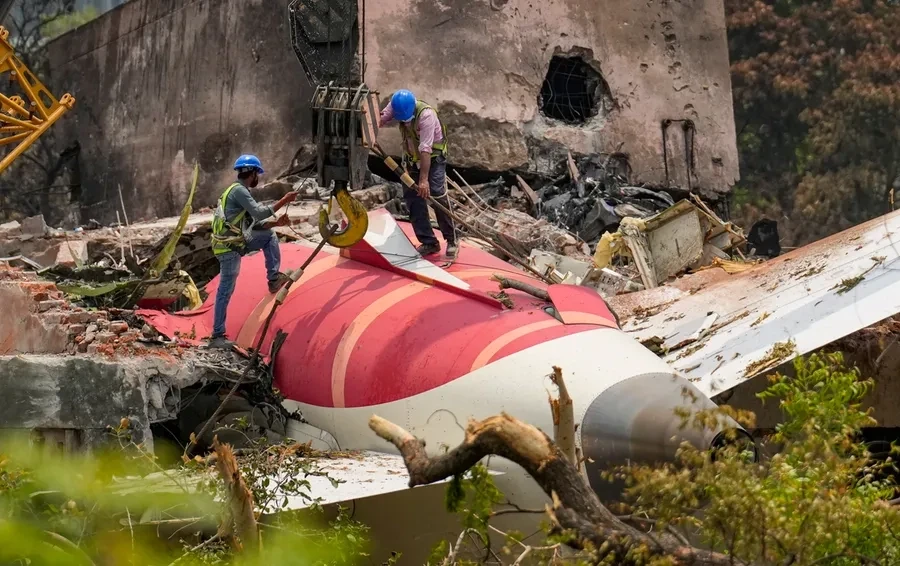The Directorate General of Civil Aviation (DGCA) has issued a directive to all Indian carriers to conduct urgent checks on the fuel control switches of Boeing aircraft, including the widely operated B787 Dreamliner and select models of the B737 series.
This comes in the wake of new findings from the preliminary investigation into the Air India flight AI171 crash in Ahmedabad on June 12, 2025.
The aircraft, a Boeing 787-8 Dreamliner, suffered engine failure during take-off, forcing an emergency landing and raising critical questions about the aircraft’s fuel control system. The Aircraft Accident Investigation Bureau (AAIB)’s preliminary report revealed that the fuel supply to the engines was cut off due to an inadvertent position from ‘run’ to ‘cutoff’ and back shortly before the engines failed.
Responding to the findings, the DGCA on Monday instructed all Indian carriers operating the affected Boeing aircraft types to carry out detailed inspections of the fuel control switch mechanisms. These aircraft include models used by major operators like Air India Group, IndiGo, and SpiceJet.
The DGCA’s directive references a Special Airworthiness Information Bulletin (SAIB) issued by the US Federal Aviation Administration (FAA) as early as December 17, 2018. That bulletin had warned of the potential disengagement of the locking feature on the fuel control switch across multiple Boeing aircraft models, including:
- Boeing 717, 737 (all variants up to MAX), 747, 757, 767, and 787 series
- McDonnell Douglas MD-11 and MD-90 aircraft
All concerned airlines are asked to submit a report by 21st July.
While the 2018 SAIB was not categorised as mandatory and therefore not enforced by airlines such as Air India, the DGCA now deems immediate compliance necessary in light of the crash investigation.
“It has come to the notice of DGCA that several operators, international as well as domestic, have initiated inspections on their aircraft fleet as per the SAIB. All airline operators of the affected aircraft are hereby advised to complete the inspection no later than July 21, 2025,” the regulator said in its advisory.
Operators must submit their inspection plan and completion reports to the DGCA and regional offices. The DGCA added that strict adherence to this deadline is essential to ensure continued airworthiness and operational safety.
The AAIB report had also confirmed that Air India did not carry out the inspections recommended in the 2018 SAIB, citing its non-mandatory nature. Maintenance records showed that the throttle control module on the crashed aircraft (registered VT-ANB) was replaced twice, once in 2019 and again in 2023, but there was no recorded defect related to the fuel control switch at either time.
Despite the serious implications of the crash, the AAIB noted that no immediate action has been recommended for other operators of the B787-8 or the GE GEnx-1B engines at this stage.
Meanwhile, foreign carriers such as Etihad Airways, Singapore Airlines and South Korea’s regulatory body have proactively begun inspecting their Dreamliner fleets for similar risks. The DGCA’s order is seen as a preventive safety measure and is expected to be followed by additional global operators in the coming days.
